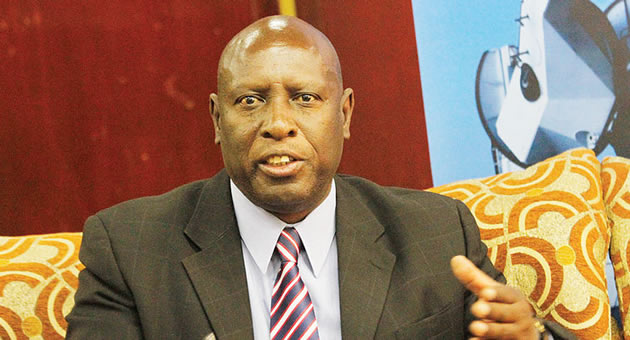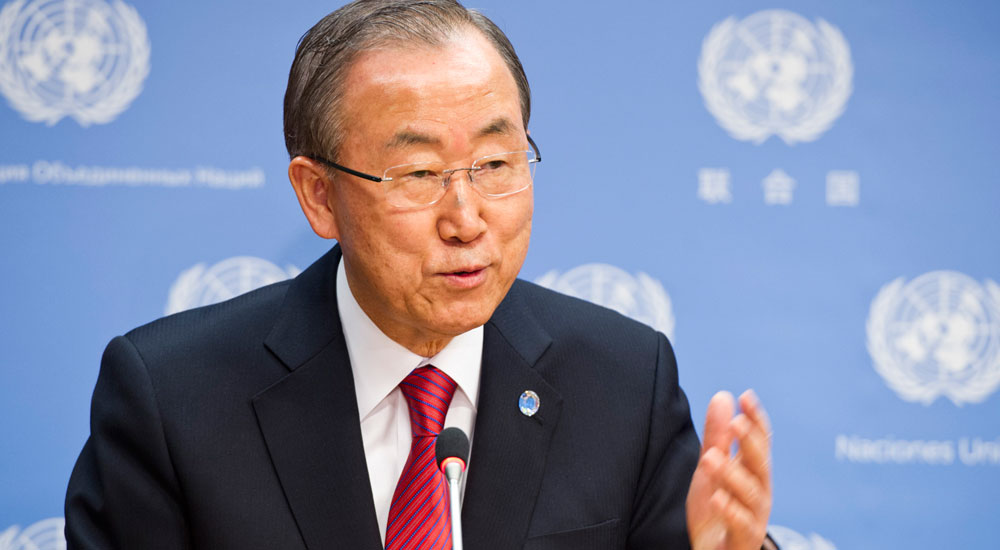Govt to outlaw electric geysers in 2016

Tendai Mugabe Senior Reporter
Government will phase out electric geysers and replace them with solar powered water heating geysers in January next year as one of the measures to save electricity, Energy and Power Development Minister Dr Samuel Undenge said yesterday.
Addressing delegates attending the launch of a Solar Water Heating Programme in Harare yesterday, Dr Undenge said the country approximately had 300 000 electric geysers consuming at least 300 megawatts of power. “We want to embark on this programme starting January next year,” he said. “Of course replacing the geysers will take some time. We will not immediately ban them but will let the programme roll on. We envisage that over a period of five years, we will have completed replacing the 300 000 electric geysers we have in the country.”
Dr Undenge said the solar water geysers would be manufactured locally. He said that would create employment for locals in line with Zim-Asset objectives.
“It is my intention to have all the solar geysers manufactured locally,” he said. “This will create employment for our people and enable us to add value to our resources in line with Zim-Asset objectives.”
Dr Undenge said Cabinet took a decision to increase the use solar of energy adding that Zimbabwe was privileged to have at least 3 000 hours of sunshine per year.
“Zimbabwe has an enormous solar potential, which if exploited can supply approximately 10 000 megawatt of electrical energy per year,” he said.
He said the Zimbabwe Energy Regulatory Authority had licensed solar power Independent Power Producers with a total installed capacity of 155 megawatts at various stages of development.
He said another 300 megawatts from projects in Gwanda, Insukamini and Munyati were still to be decided by the tender board.
“However, it has now been two years and no tender has been awarded due to bureaucratic processes at the State Procurement Board,” he said.
“No one has been frustrated by this delay than myself. I have accordingly sought the authority of Cabinet to access the technical and financial capacities of the tendering companies and make recommendations to Cabinet for its decision so that the projects can be implemented as soon as possible.”
Dr Undenge said diversifying the country’s energy resources was beneficial for the nation’s energy security. He said the solar water heating project would be bench-marked on the experiences of other countries such Africa, Brazil, South Korea, Lebanon, China and Egypt that had implemented it.








Comments